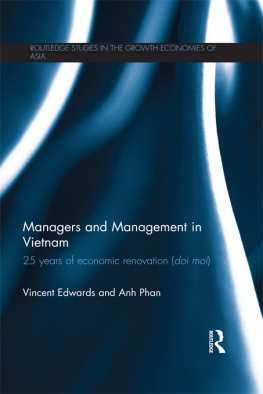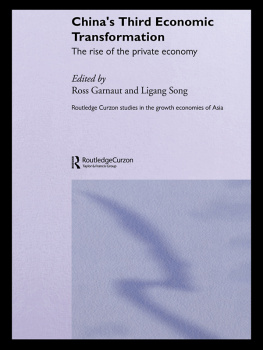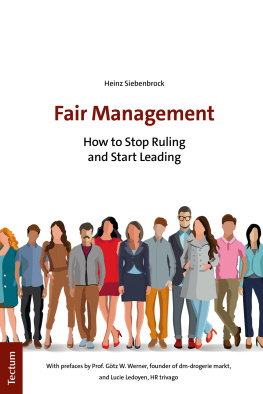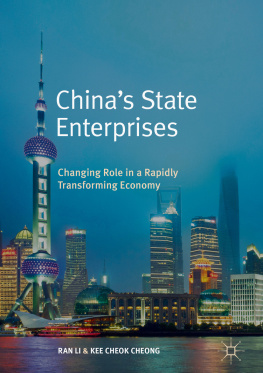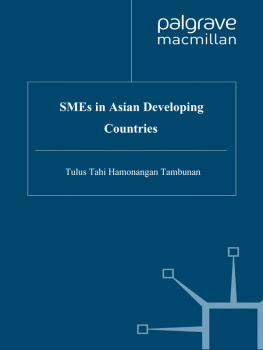Glossary of Vietnamese terms
| i quc | love of ones country |
| c phn ha | equitization programme requiring the transformation of state-owned enterprises into joint-stock companies |
| huynh | the relationship between brothers |
| iu () | reasonable, adaptable, moderate, not extreme |
| doi moi | renovation, renewal; specifically, the economic reform programme launched by the Vietnamese Communist Party in 1986 |
| ng | Vietnamese unit of currency |
| dng | courage |
| hiu | filial piety, the relationship between father and son |
| l | propriety |
| lim | incorruptibility |
| l | reason, the order of things, the requirements of propriety |
| ngha | the righteous path |
| nhn | compassion, benevolence |
| n | unrepayable moral debt owed by children to their parents |
| quan h | relationships, contacts (similar to Chinese term guanxi ) |
| tp th | the collective |
| tnh | feelings, heart |
| tnh cm | positive feelings towards others |
| tr | learning, wisdom |
| trung | loyalty to ones lord |
| tn | sincerity, truthfulness |
| Vit Minh | League for the Independence of Vietnam, founded in 1941 and comprising Communist and nationalist groups |
| xin php | consulting, e.g. a younger employee consulting an older colleague before making a decision |
1
Introduction
Vietnam has experienced a remarkable transformation in its economic and social spheres since the Vietnamese Communist Party launched its policy of economic reform or renovation in Vietnamese doi moi at its Sixth Party Congress in 1986. The Vietnamese economy is without doubt richer and more dynamic than it ever was in the years preceding doi moi , years and decades betokened by the war in Vietnam involving substantial US intervention, and before that the burden of struggle against French colonialism. War had been a feature of everyday life in Vietnam, from the outbreak of World War II in 1939, to the collapse of the Republic of Vietnam (South Vietnam) in 1975. However, unlike the countries of Central and Eastern Europe (CEE) in 198990, Vietnam has not undergone a system-changing revolution, rather in 1986 a gradual process of economic transformation was initiated.
The Socialist Republic of Vietnam, to give it its official title, has an area of 331,210 km2, approximately one third greater than the United Kingdom, c. 50 per cent more than the Australian state of Victoria and slightly larger than the state of New Mexico in the USA. Vietnam stretches from north to south along the western shore of the East Sea (or South China Sea), with the area of the northern Red River basin joined to the southern Mekong Delta via a narrow coastal strip. Both the Red River basin and the Mekong Delta are intensively cultivated and densely populated. To the north, Vietnam shares a border with the Peoples Republic of China and to the west, with Laos and Cambodia. Vietnams population was estimated to be 90.5 million in 2011. The major urban centres are Hanoi, the capital (population: 2.7 million), Ho Chi Minh City (population: 6 million) and Haiphong (population: 1.9 million), the population of the urban centres deriving from the 2009 census.
Vietnam is of interest for both researchers and practitioners because of its population size, the way in which its economic system has evolved and its rise as a manufacturing base for overseas companies, particularly in garments and shoes. Vietnam has rejected the exclusive attachment to the Soviet model of economic management, but has not followed the path of the former command economies of the Former Soviet Union and CEE. Similar to China, it has developed a system sui generis (Warner et al. , 2005) that seeks to combine socialism and the market.
.
Following the launch of the doi moi policy in 1986, the search for, and adoption of, new business and management ideas was in the beginning slow and discrete. Tom Peters and Robert H. Watermans In Search of Excellence , first published in 1982, appeared in a Vietnamese edition in 1992. The preface of this edition highlighted the need to study, think about and learn from the practice of other countries, stressing at the same time the continuing salience of MarxismLeninism, Ho Chi Minh thought, the perspectives and guiding principles of the Communist Party, and the countrys revolutionary reality.
Nowadays, a wide range of foreign publications on business and management is readily available either in Vietnamese or the original language. The Vietnamese versions generally do without a specific Vietnamese preface. Such texts include textbooks, summaries of management ideas and practices, how to guides, books on developing practical skills, management best sellers, and biographies of well-known managers.
Doi moi
There has been considerable debate about the causes, origins and sequencing of the doi moi policy (see Warner et al ., 2005). Suffice to say that, following the reunification of the two parts of Vietnam after 1975, the economic situation deteriorated considerably so that by the mid-1980s the country suffered from food shortages that led to widespread famine. Put bluntly, Vietnam was not producing sufficient food to feed its population. The situation was due in part to the after-effects of war, in part to military involvement in Cambodia (197889) to combat the Pol Pot regime and the consequent impact of this involvement on Vietnams relationship with China, which had been Vietnams largest contributor of resources during the decades of war, in part to doctrinaire attitudes within the Communist Party to economic management and the reintegration of the South. As one Vietnamese commentator, a leading member of the Communist Party, has written (Ha, 2007:1112):
After the victory in 1975 and the reunification of the country, we adopted a thinking tinted with subjectivism and hastiness when wishing to achieve the goal of socialism in a short time. Due to many objective and subjective causes, including mistakes in economic management, especially the severe deficiencies in the centrally-planned economic model and the subsidy system, the country was gradually plunged into a serious socio-economic crisis.
The Sixth Party Congress in 1986 can be regarded, moreover, as legitimizing grass-roots initiatives taken since the late 1970s to improve agricultural output by rethinking the activities of collective farms and giving farmers incentives to increase output. Such fence-breaking ( x ro ) initiatives were subsequently sanctioned by the Party and included such measures as flexible contracts ( khon ) for farmers to boost production. In addition, the reforms were not limited to the agricultural sector and state-owned enterprises (SOE) were permitted to sell on the open market any output above that specified by government targets (Griffin, 1998a).
Commentators within the Party have also identified deficiencies in the calibre of cadres and managers themselves. S. H. Nguyen (2007:1534) acknowledges that The effectiveness of State-owned enterprises is low, adding: A number of cadres and civil service employees fail to catch up with the demand for management knowledge, thinking, working style, and sense of responsibility. Even after twenty years of doi moi , Hoang (2007:216) comments critically that:
The management capacity of State-owned companies is cumbersome and ineffective, accounting for 6% to 10% of the total labor force in the enterprises. Moreover, these management officials possesses [ sic ] poor skills in modern business administration and lack the preparation to deal with challenges in the integration process.

